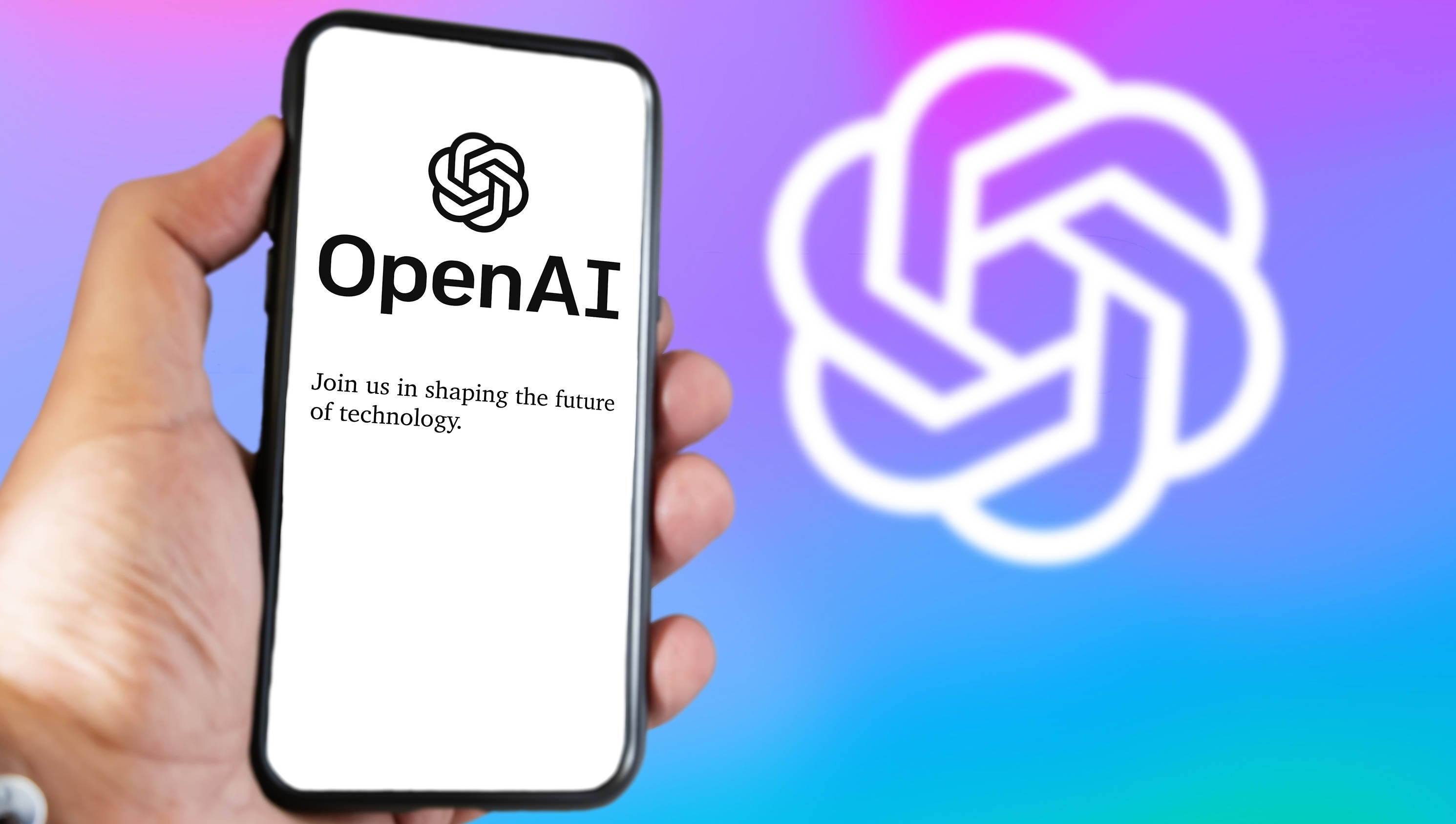OpenAI’s latest tool can recreate human voices in just 15 seconds — meet Voice Engine
This could have huge implications

Here at Tom’s Guide our expert editors are committed to bringing you the best news, reviews and guides to help you stay informed and ahead of the curve!
You are now subscribed
Your newsletter sign-up was successful
Want to add more newsletters?

Daily (Mon-Sun)
Tom's Guide Daily
Sign up to get the latest updates on all of your favorite content! From cutting-edge tech news and the hottest streaming buzz to unbeatable deals on the best products and in-depth reviews, we’ve got you covered.

Weekly on Thursday
Tom's AI Guide
Be AI savvy with your weekly newsletter summing up all the biggest AI news you need to know. Plus, analysis from our AI editor and tips on how to use the latest AI tools!

Weekly on Friday
Tom's iGuide
Unlock the vast world of Apple news straight to your inbox. With coverage on everything from exciting product launches to essential software updates, this is your go-to source for the latest updates on all the best Apple content.

Weekly on Monday
Tom's Streaming Guide
Our weekly newsletter is expertly crafted to immerse you in the world of streaming. Stay updated on the latest releases and our top recommendations across your favorite streaming platforms.
Join the club
Get full access to premium articles, exclusive features and a growing list of member rewards.
OpenAI has unveiled a new tool that recreates a person's voice with just 15 seconds of recorded audio.
Dubbed Voice Engine, the model takes a single 15-second clip to learn the person's voice and how they speak. From there, users can input text to have it say whatever they want with realistic-sounding voices that include emotion. The company said that it developed Voice Engine in 2022 and has used it in preset voices, but this is the first time it's discussed utilizing a person's actual voice. OpenAI also acknowledged in a blog post on Friday (March 29) the obvious, potentially malicious implications.
"We are taking a cautious and informed approach to a broader release due to the potential for synthetic voice misuse," OpenAI wrote in a blog post. "We hope to start a dialogue on the responsible deployment of synthetic voices, and how society can adapt to these new capabilities."
OpenAI added that based on how those conversations go, it'll decide how — or even if — it releases Voice Engine to the public.
The company wrote, "We will make a more informed decision about whether and how to deploy this technology at scale."
The implications of Voice Engine are huge. While it can be used in various notable ways, like quickly recording presentations or communicating more effectively, it's not difficult to capture someone else's voice and use it for nefarious purposes. Indeed, many of those types of scams exist already, and they're being used to dupe people into sending money and sharing information with scammers.
We're sharing our learnings from a small-scale preview of Voice Engine, a model which uses text input and a single 15-second audio sample to generate natural-sounding speech that closely resembles the original speaker. https://t.co/yLsfGaVtrZMarch 29, 2024
OpenAI argues it's with that risk that getting feedback is so important. The company said it's engaging with governments, media companies, entertainment companies, and educational institutions across the U.S. and internationally to discuss Voice Engine. Those parties are now testing Voice Engine and have agreed not to impersonate others. They must also disclose to anyone listening to the audio that the voice is AI-generated. OpenAI has also added watermarking, so listeners will know the voice isn't authentic.
Get instant access to breaking news, the hottest reviews, great deals and helpful tips.
"We believe that any broad deployment of synthetic voice technology should be accompanied by voice authentication experiences that verify that the original speaker is knowingly adding their voice to the service and a no-go voice list that detects and prevents the creation of voices that are too similar to prominent figures," the company said.
Looking ahead, it's unknown what will come of Voice Engine. While it's possible that it'll eventually be made public, OpenAI may also determine it's not in the public's best interest. Either way, the company said, it's clearly possible to develop, and it's clearly here. "It's important that people around the world understand where this technology is headed," the company said, "Whether we ultimately deploy it widely ourselves or not."
More from Tom's Guide
- OpenAI’s 'superintelligent' AI leap nearly caused the company to collapse — here’s why
- OpenAI is paying researchers to stop superintelligent AI from going rogue
- OpenAI is building next-generation AI GPT-5 — and CEO claims it could be superintelligent
Don Reisinger is CEO and founder of D2 Tech Agency. A communications strategist, consultant, and copywriter, Don has also written for many leading technology and business publications including CNET, Fortune Magazine, The New York Times, Forbes, Computerworld, Digital Trends, TechCrunch and Slashgear. He has also written for Tom's Guide for many years, contributing hundreds of articles on everything from phones to games to streaming and smart home.
 Club Benefits
Club Benefits




















